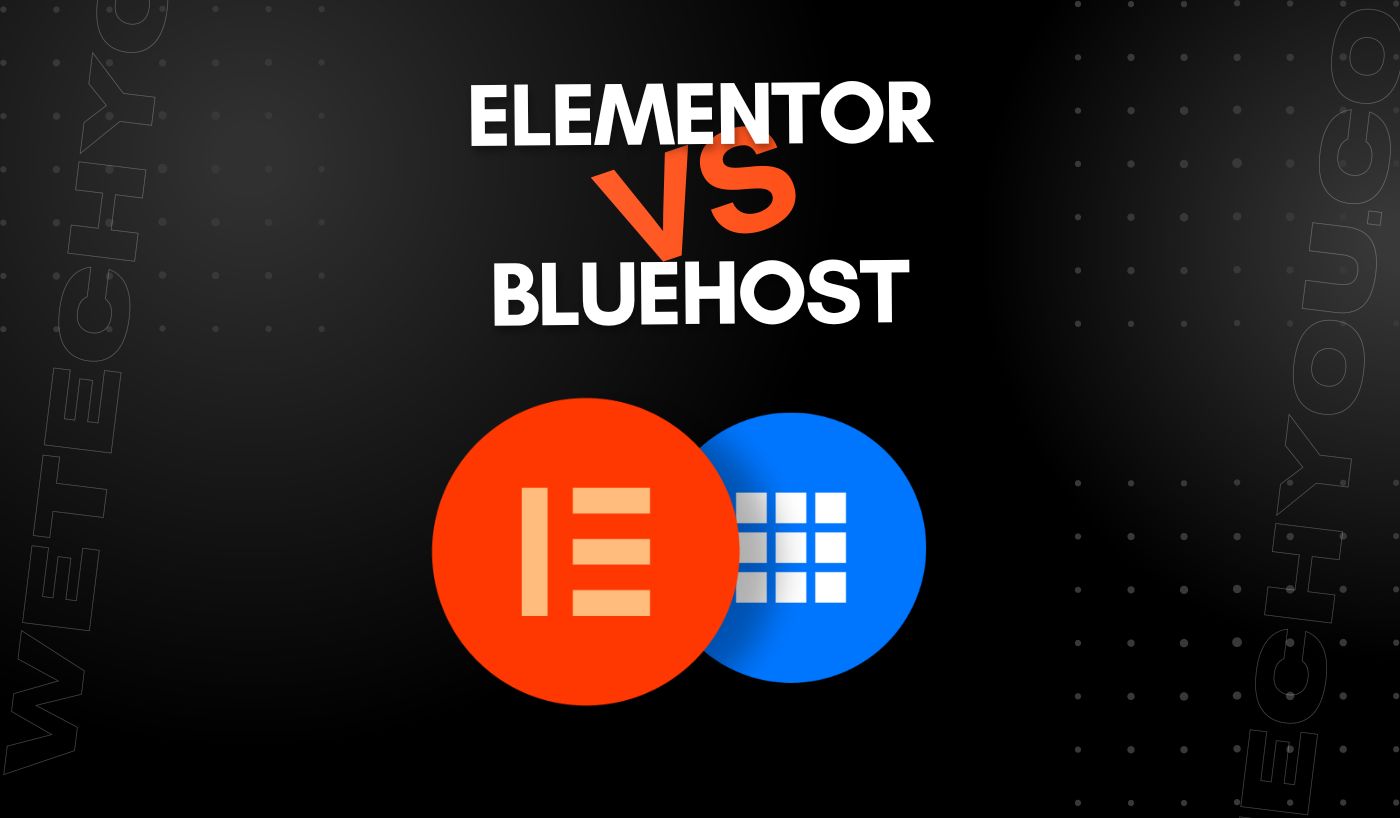If you have a great idea for a website or web app, the first step is finding the right web designer to bring your idea to life. It’s important to ensure your concept is safe in their hands – after all, you don’t want it leaked before it goes public!
The idea of piracy is a real risk when working with a web designer. But how do you ensure your idea is safe with your chosen web designer? And what measures should you take to protect your ideas?
Let’s find out.
Understanding the Risk of Idea Piracy
Before you start looking for a web designer, it’s important to understand the reality of idea piracy in the industry. While most professional web designers have high respect for other’s ideas and work, some may try to take an idea without permission and pass it off as their own.
Idea piracy seriously threatens web designers and can have dire consequences if handled improperly. You must take the necessary steps to protect your idea before engaging with a designer, as it could cost you time and money if it gets leaked.
Real-life examples of idea piracy in the web design industry include: stealing designs or code from another designer, taking credit for someone else’s work, and plagiarizing content. These activities are considered unethical – and sometimes illegal – and can lead to costly lawsuits.
By being aware of the risks associated with idea piracy, you’ll be better prepared when it comes time to work with a web designer. Research before engaging with any designer, and take the necessary steps to protect your idea. Doing so will ensure you’re in good hands when it comes time to bring your vision to life.
The Legal Implications For Web Design Theft
To succeed in the market, it’s crucial to understand that a simple concept alone holds no value. Winning ideas are created and effectively executed, and promoted within the industry. Web designers should have a clear understanding of the legal implications that come with idea theft.
In most cases, those engaging in web design piracy can be pursued by copyright law for damages and losses incurred due to their actions. Besides, they may face fraud charges or criminal liability if they took someone else’s concept or code without permission and attempted to pass it off as their work.
It’s important to note that idea thieves are not the only ones who should be held accountable if things go wrong. Clients can also be penalized if they fail to protect their ideas and concepts before engaging with a web designer. That’s why it’s critical to ensure you have all the necessary legal documents – such as non-disclosure agreements (NDAs) – before you start working with a designer.
By understanding the legal implications of web design theft, clients can protect themselves and their ideas from idea piracy while collaborating successfully with their web designer. This extra step to secure your concept will give you peace of mind during the design process.
How to Protect Your Web Design Ideas?
In addition to understanding the legal implications of web design theft, protecting your idea from pirates is important. Here are a few tips for safeguarding your concept and keeping it safe from those who may be tempted to steal it:
Non-Disclosure Agreement
Signing a non-disclosure agreement (NDA) with your web designer protects your ideas and concepts. An NDA should clearly outline what the web designer can and cannot do with the information they will receive from you. It’s also important to ensure that any underlying intellectual property – such as code, design, or content – is protected by the NDA.
Patents
Patents are another great way to protect your web design idea from potential pirates. A patent is a legal document that grants exclusive rights to an inventor for their innovation. By obtaining a patent, you can be sure your web design idea will remain yours, and no one else can use it without permission.
Trademarks
Trademarks are also an important tool for protecting a web design idea. A trademark is a legal sign or mark prohibiting others from using a specific name, logo, or slogan associated with a product or service. By obtaining a trademark for your web design idea, you can protect it from being stolen by pirates and used without your permission.
Copyright
Once your concept is penned in, be sure to copyright your idea. This is another form of protection that will prevent others from stealing or cloning the idea without permission. Copyright can also help you to recoup any losses incurred if someone does use your web design concept without permission.
By following these steps and taking the necessary precautions, you can protect your idea from potential pirates and build a successful collaboration with your web designer.
Communicating with Your Web Designer
Once you’ve done your research and due diligence to protect your idea, it’s time to start looking for a web designer. But before you do, there are some important things to consider regarding communication.
It can be tempting to give away too much information about your concept or design in the early stages of the project. However, it’s important to remember that it’s best to keep your idea under wraps until you’ve reached an agreement with the web designer.
Communicate clearly and concisely with your chosen web designer about expectations, timelines, costs, and deliverables. Most importantly, always prioritize transparency when discussing project details so that all parties are on the same page.
How to Handle Suspected Idea Piracy?
If you suspect that your idea has been pirated, there are a few steps you can take to protect yourself and your concept. The first step is to contact the web designer or any third party involved in the project. Explain your suspicions and ask for clarification on how they obtained your concept.
If things don’t get resolved quickly, seeking legal advice may be necessary. Consider filing a suit against the party responsible for the piracy, depending on the severity of the matter.
It’s always best to take preventative measures when protecting ideas and concepts from idea pirates. By understanding the risks associated with web design theft, you can protect yourself from potential lawsuits and costly legal fees.
By staying informed and taking the necessary steps to safeguard your ideas, you can protect yourself from idea pirates and create successful collaborations with your web designer. With the proper preparation, you’ll be in a much better position to see your vision come to life.
Final Words
Web design theft is no joke – it’s a very real problem that can have serious legal implications. Awareness of potential risks and protecting your ideas is essential for successful design collaboration. By understanding the legal implications of web design theft, you can protect yourself and your concepts from idea pirates. This extra step to secure your concept will give you peace of mind during the design process.
Proper preparation can safeguard your ideas from piracy and create successful collaborations with your web designer. By following these steps and taking the necessary precautions, you can keep your ideas safe and get one step closer to having your vision come to life.
Frequently Answered Questions
Can I take legal action against a web designer if they steal my website idea?
It is possible to take legal action against a web designer if they steal your website idea, but it depends on the specific circumstances of the case and the laws in the jurisdiction where the theft occurred. If the web designer has used a protected copyrighted work without permission, you may be able to sue them for copyright infringement.
What should I consider before sharing my website idea with a web designer?
Before presenting your website concept to a web designer, keep the following in mind:
- Protect your idea.
- Have a clear vision.
- Understand the designer’s contract and terms before signing any contract.
- Research the web designer’s background.
Can a non-disclosure agreement prevent a web designer from stealing my idea?
By requiring a web designer to keep your idea confidential, a non-disclosure agreement (NDA) can help stop them from stealing it. This can include details about your proposed website, such as its concept, layout, and functionality.




